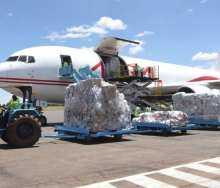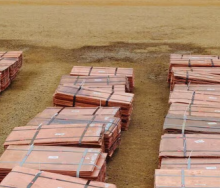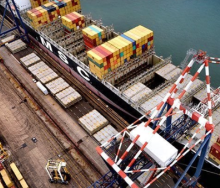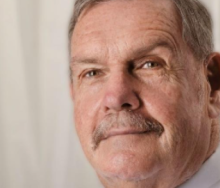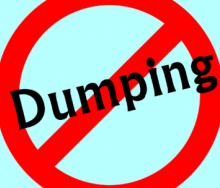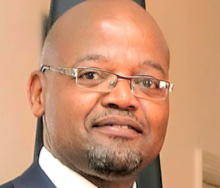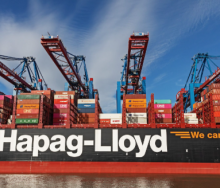The fight against illicit trade in medical products was high on the agenda when top officials of six global organisations met during a high-level roundtable last week organised by the World Trade Organization (WTO).
“Time and again we see how illicit trade is threatening people's health and livelihoods, and how it undermines legitimate business activity and abets corruption,” said WTO Director-General Ngozi Okonjo-Iweala.
“By working together as an international community we can seize opportunities to fight this kind of illicit activity while at the same time strengthening licit trade, especially in poor countries with poor capacity.” She called on international organisations to step up efforts to raise awareness among public leaders and national officials about the urgency of tackling illicit trade.
Assistant Director-General of the World Health Organization, Mariângela Simão, emphasised that the rise of e-commerce had turned illicit trade in medical products in particular into a “global problem” that demanded more attention from the international community. She also highlighted the need for “a more systematic approach across different multilateral organisations” to help strengthen the capacity of developing countries to procure legitimate medical products.
Customs was playing a role in facilitating legitimate trade, Secretary-General of the World Customs Organization, Kunio Mikuriya, told delegates. “But we are also the first line of defence in the fight against illicit trade which is posing safety and security risks.”
He highlighted the importance of access to data, information sharing, and coordination of capacity-building activities to assist customs officials around the world in combatting illicit trade.
The importance of a global approach to the issue was underscored by WTO Deputy Director-General Anabel González, who moderated the event.
“The nefarious forces that drive illicit trade in medical products are difficult to uncover, and even more difficult to counter. But despite the secrecy that cloaks illicit activities, one thing is certain: the battle against illicit trade is not one in which a single country will emerge a winner, nor one that a single international organisation or any other actor can fight alone.”
The event also saw the launch of a WTO publication entitled “Tackling Illicit Trade in Medical Products”.
The publication points out that making effective use of WTO rules to tackle illicit trade relies on greater coordination within and among members and building capacity in developing countries.




